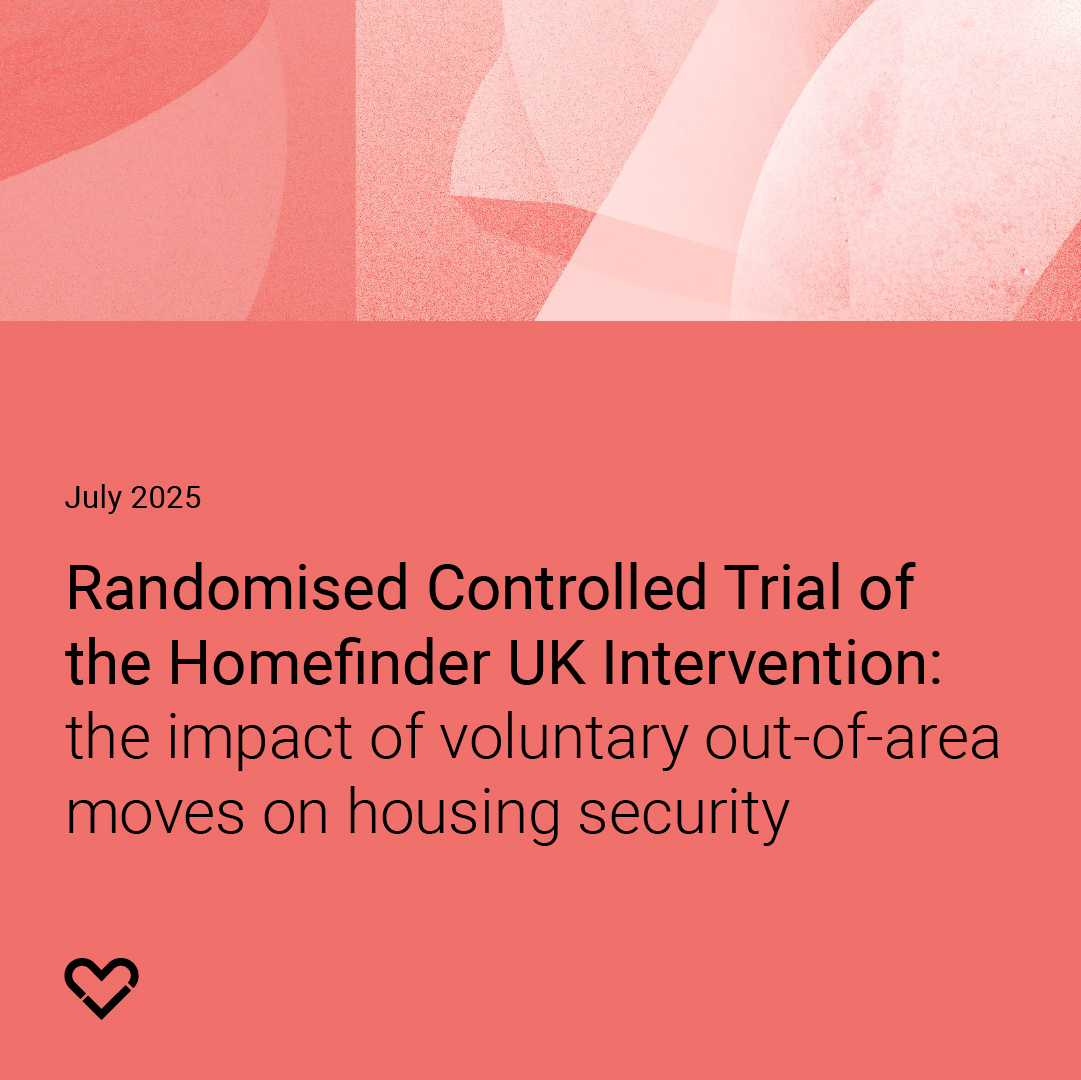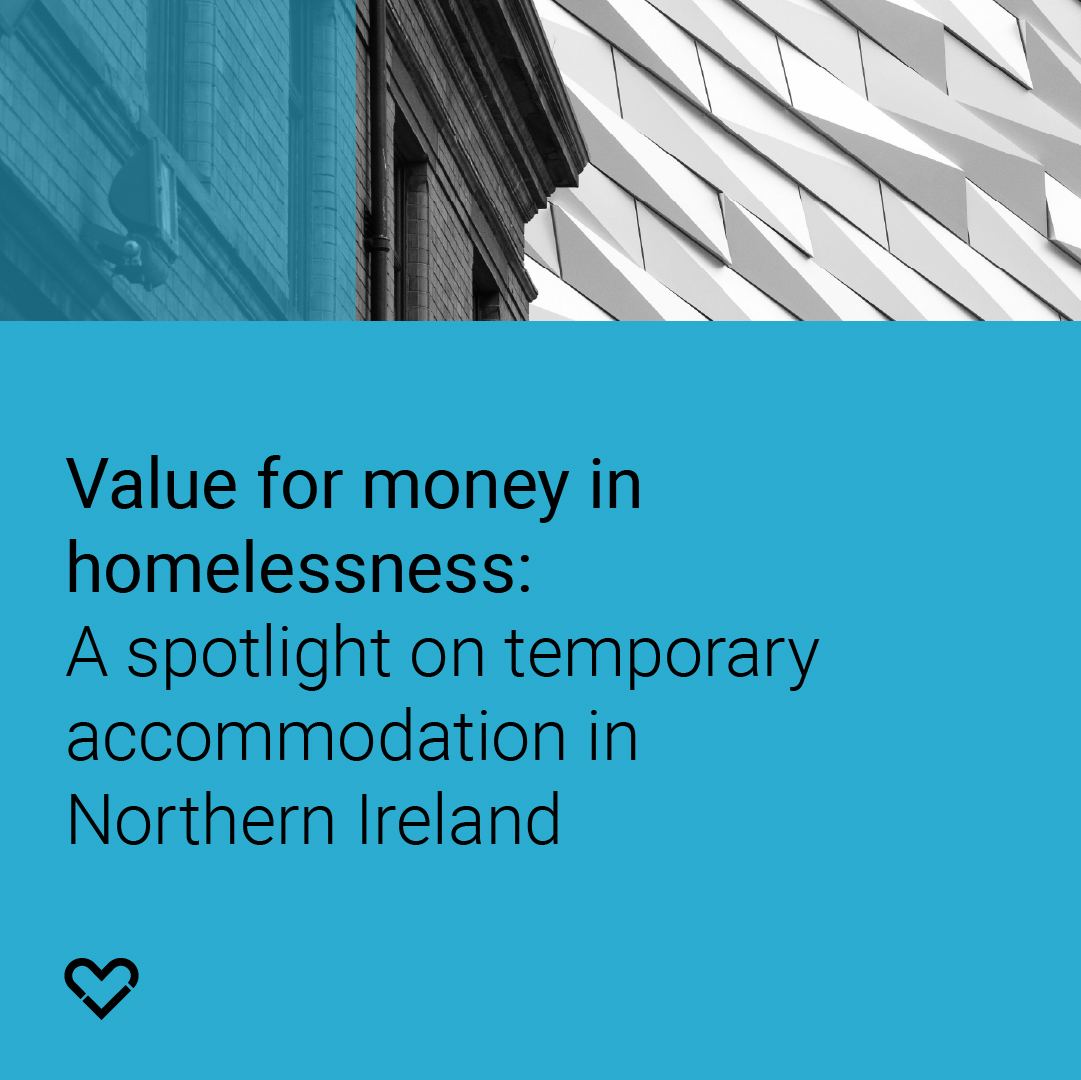What Works Evidence Notes: Prevention
Outline of the study
This evidence note examines what works in preventing homelessness, analysing international research and UK practice data to understand effective prevention strategies.
The research covers the ‘prevention turn’ in homelessness policy across multiple countries and evaluates different prevention interventions using a five-tier typology including: Universal, Targeted, Crisis, Emergency, and Recovery prevention. It synthesises evidence from systematic reviews, randomised controlled trials, and UK administrative data to understand which prevention approaches are most effective. It also examines international evidence (primarily from the USA) and UK-specific data on prevention outcomes and highlights gaps in rigorous evaluation of prevention measures in the UK context.
Findings in brief:
- Local authority homelessness prevention approaches are largely successful: in 2020/21, 60% of households in England were in secure accommodation when their prevention duty ended, this figure was 80% in Scotland, and 67% in Wales for eligible households
- Early identification is crucial: only 42% of households assessed by local authorities in England were owed a homelessness prevention duty. This suggest that more homelessness could be prevented if people approached local authorities earlier
- Most successful preventions involve securing new accommodation: this accounted for 64% of successful outcomes in 2020/21. Only 36% of households with a successful outcome remained in their current housing
- Family mediation shows strong results: 10% of all successful homelessness preventions involved negotiation/mediation to secure return to family or friends
- Financial assistance prevents evictions: Discretionary Housing Payments and other financial support helped prevent 5.5% of households from losing their homes
- Emergency financial assistance works for families at risk of homelessness, especially where this is linked to counselling, and legal support
- Legal support for tenants improves court outcomes.
Recommendations in brief:
- Develop better mechanisms for referring people leaving prisons, hospitals, care and other vulnerable populations who are at risk of homelessness before crisis occurs
- Develop rapid rehousing pathways, to ensure that alternative housing options are available where it is not possible to prevent homelessness
- Invest in integrated homelessness prevention systems, which coordinate work by housing, health, social work, welfare, and other services
- Improve negotiation and mediation services though enhanced training and sharing best practice around preventing evictions and facilitating family reconciliation
- Conduct rigorous UK-based evaluations, including randomised controlled trials and quasi-experimental studies, to test the effectiveness and cost-effectiveness of homelessness prevention approaches, such as legal representation.





.jpg)

